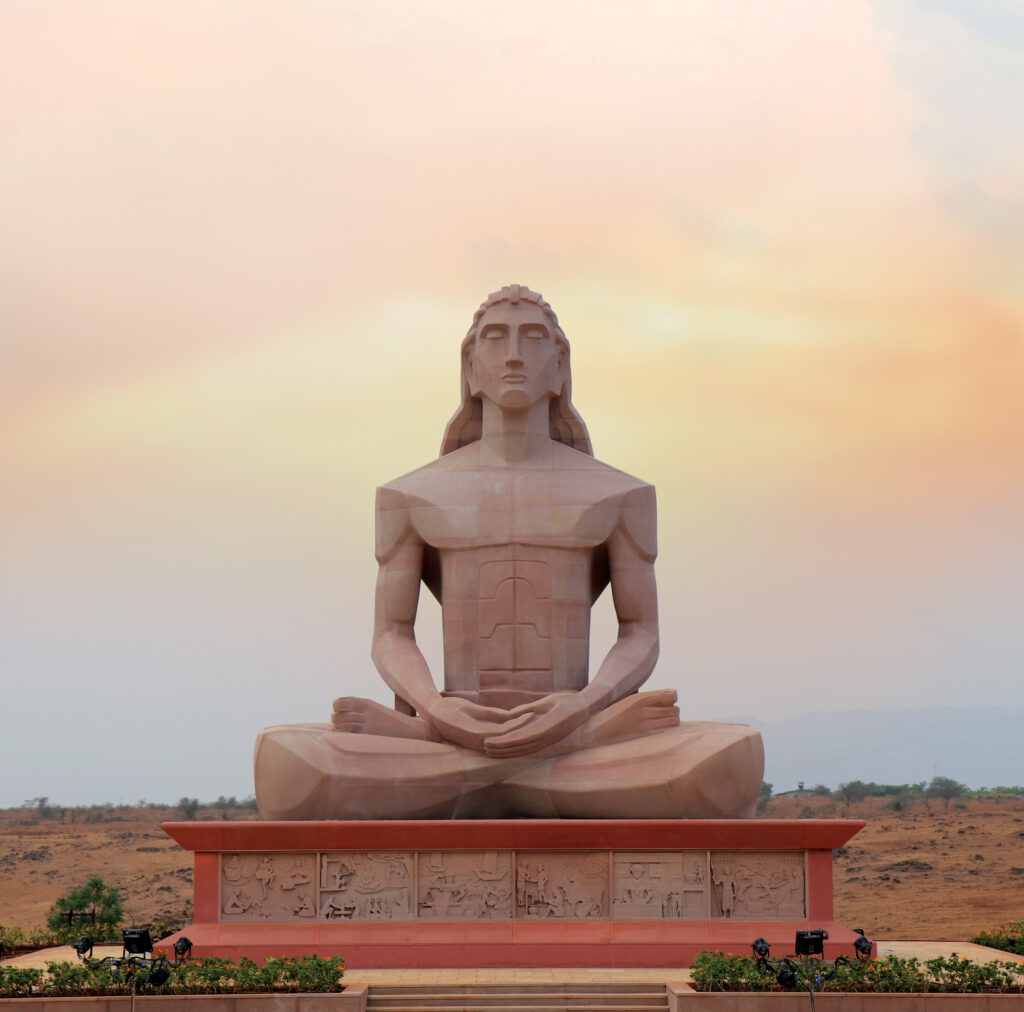PROFESSOR ATUL K. SHAH www.atulkshah.co.uk
Globally renowned expert advisor and broadcaster on culture, accounting, finance, business ethics, holistic education and leadership

Integrating both breadth and depth in scholarship, especially in a field as vast and nuanced as Indian studies, is an exceptionally demanding endeavor. Here are some key factors that help explain why and how this process is so challenging:
1. Vastness and Complexity of Indian Culture and History
- Interconnected Disciplines:
Indian culture, history, religion, and social systems are deeply interwoven. To grasp them fully, a scholar must become proficient not only in one discipline (say, history or religious studies) but also develop a working knowledge of related fields like literature, sociology, economics, and philosophy. This interdisciplinary approach is vital but demands significant time and intellectual commitment. - Diverse Sources and Methodologies:
Indian scholarship draws from a rich corpus of primary texts in multiple languages (Sanskrit, Prakrit, Tamil, Persian, etc.), along with oral traditions, archaeological evidence, and local histories. Mastery over these diverse sources and methodologies requires extensive training, language skills, and cultural sensitivity.
2. Training and Sacrifice
- Years of Specialized Study:
Developing the expertise to conduct high-quality research in Indian studies typically involves years of advanced education—often a combination of rigorous graduate and post-graduate work, research fellowships, and on-the-ground fieldwork. Scholars must dedicate themselves to sustained periods of study to build the necessary depth and contextual understanding. - Mentorship and Institutional Support:
High-caliber scholarship often depends on mentorship from experienced scholars and access to robust academic institutions that value and support interdisciplinary research. In many cases, the path to such mentorship and institutional backing involves personal and professional sacrifices, including the long hours of study, travel, and the sometimes solitary nature of research.
3. Maintaining Authenticity and Integrity
- Balancing Tradition with Critical Inquiry:
Indian scholarship must negotiate between preserving the authenticity of traditional perspectives and applying critical, contemporary analytical frameworks. This balance is delicate—scholars are tasked with respecting and accurately representing indigenous knowledge systems while also subjecting them to rigorous analysis. Achieving this requires a thoughtful and often prolonged intellectual engagement. - Cultural and Epistemological Sensitivity:
Preserving the integrity of Indian scholarship means being acutely aware of the cultural, social, and political contexts in which knowledge is produced and transmitted. Scholars must be sensitive to the ways in which colonial legacies and modern power structures have shaped past interpretations and remain vigilant against oversimplification. This sensitivity, while essential, adds another layer of complexity to the scholarly work.
4. The Role of Interdisciplinary Collaboration
- Bridging Gaps:
No single scholar can master every aspect of Indian culture and history. As a result, contemporary scholarship increasingly values collaborative, interdisciplinary work where experts in different fields come together. This approach, while promising for achieving both breadth and depth, requires effective communication, mutual respect, and time to develop shared understandings and methodologies. - Institutional Challenges:
Even within academic institutions, there can be a tendency toward siloed disciplines. Overcoming these institutional barriers to foster true interdisciplinarity is a challenge in itself, often requiring systemic changes and sustained advocacy.
Conclusion
Indeed, developing good quality Indian scholarship that maintains both authenticity and integrity is not only intellectually demanding but also requires significant personal and professional sacrifice. Scholars in this field must invest many years in training, immerse themselves in diverse intellectual traditions, and work tirelessly to balance detailed expertise with broader interdisciplinary insights. This rigorous process is essential, however, to produce scholarship that truly captures the depth and complexity of India’s rich cultural and historical legacy.
